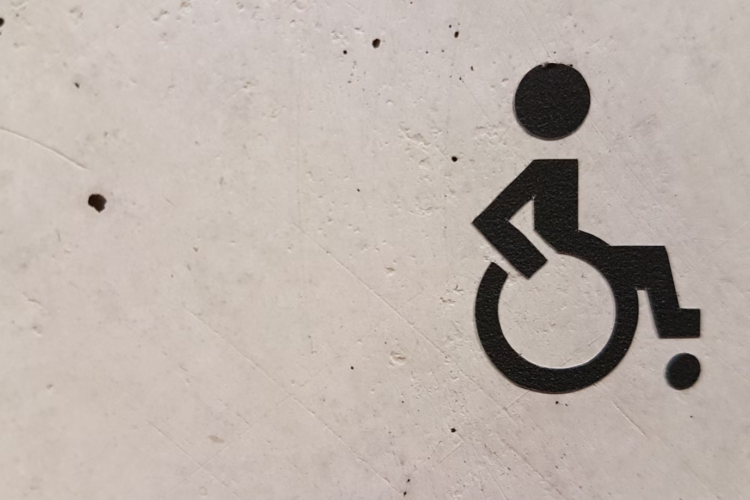September 9, 2022
What Are the Laws for Social Security Disability Benefits and How a Lawyer Can Help
Disability benefits for social security can be complicated and challenging to understand, especially if it’s not something you’ve ever had to deal with before. How do you know if you’re entitled to disability benefits? How do you qualify? And if you do qualify, what do you have to do to apply?
We’re answering these questions and more as we walk you through the basics of social security disability benefits and how the legal team at Elia and Ponto can make the process significantly easier for you.
Who Is Entitled to Social Security Disability Benefits?
According to the Social Security Administration (SSA), “Social Security pays benefits to people who can’t work because they have a medical condition that’s expected to last at least one year or result in death. Federal law requires this very strict definition of disability. While some programs give money to people with partial disability or short-term disability, Social Security does not.” Certain family members, such as caregivers, may also be able to collect on these benefits.
In total, there are two main sources of disability benefits (an individual can only qualify for one): Social Security Disability Insurance (SSDI) and Supplemental Security Income (SSI). Both programs utilize standards for establishing disability and provide income replacement to individuals who are or have recently become disabled. Eligibility and income are the largest distinction between these two programs. To qualify for SSDI, you must be able to prove that you are disabled and that you have contributed toward the payment of Social Security for a minimum of one year prior to becoming disabled. SSI, on the other hand, is age and income-based. An individual applying for SSI must be disabled, 65 years of age or older, and have a limited income.
As your application is being reviewed for either SSDI or SSI, you can expect to receive questions about your medical conditions, such as when they began, how your disability limits your daily life, and any history of medical treatments and test results as related to this disability.
How Do You Apply?
Applying for social security disability benefits is actually more straightforward than it may initially seem to someone who is brand new to the process. For example, did you know…?
- You can apply online!
- You can submit a claim over the phone to your local Social Security Office
- You have the right to be represented by a lawyer when submitting your claim
The application itself will ask for various pieces of documentation that you will need to provide, such as your birth certificate, social security number, medical records, list of medications, a copy of your most recent W2 employee tax form, and the names and contact information for all medical professionals and clinics that have assisted you with your disability treatment.
If at any point you’re struggling with the benefits application, don’t hesitate to request assistance from a personal injury lawyer who can help you completely fill out the mandatory sections in order to ensure you are able to receive the maximum amount of benefits possible for your case.
How Will the New Tax Law Affect Social Security Disability?
Aside from a general decrease in tax rates which apply to everyone equally—not only those who have disability—the tax law package passed by congress back in 2017 doesn’t change much for those who do receive disability. If an individual has income separate from their social security disability income, they must pay taxes on that separate income (including social security). If an individual’s only income is through social security, no taxes need to be paid. Keep in mind that spouse income can calculate into this equation as separate income.
Bottom line, tax law—especially as it applies to social security benefits—can be incredibly confusing. Make sure you consult with a lawyer to ensure your benefits and taxes line up.
Would a Settlement in a Lawsuit Affect Social Security Disability?
If you opt to sue a negligent party or parties whose actions (or inactions) resulted in your disability, the answer to this question entirely depends on whether or not you are receiving SSDI or SSI benefits. For the most part, SSDI benefits are unlikely to be affected by winning a lawsuit against a negligent party. However, because SSI is an income-based program, winning a large settlement could render you ineligible for these services.
Make sure you’re speaking with a personal injury lawyer to discuss whether a lawsuit is something that would ultimately benefit you and your case. The dedicated team at Elia and Ponto are here to help! Can’t come to us? We’ll come to you! Call or email us today.

